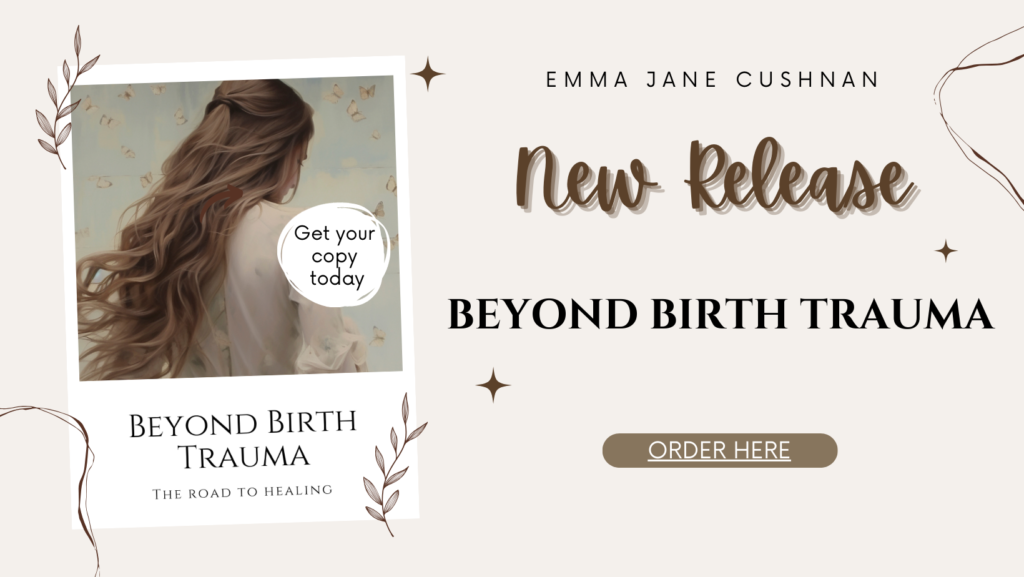
Healing when your birth has been traumatic is as individual as the experience itself. Time is involved, and this will be different for everyone. However, healing is possible.
How do I know? Because I have been there too. I have been at the edge, holding on with my fingertips and terrified I would fall and never be able to get up. I have been to the edge of despair and I know how hard it can be to simply get through each day.
My journey to healing was done with small steps that helped me change how I viewed and dealt with my trauma. This is where B.E.Y.O.N.D* grew from, simple steps to support healing from birth trauma based on my own journey to recovery.
B.E.Y.O.N.D provides some simple ways to think about your experience, how it has impacted you and how you can find ways to support you as you heal. It is a combination of self-help and support that can make the journey to healing possible.
B is for?
BIRTH MATTERS
The Birth of your baby matters, it matters because it significantly impacts your life. It is the start of your relationship with a new human being that you have made and nurtured for many months. When birth is difficult, it impacts everything and can be life-changing.
The first step of B.E.Y.O.N.D is to help you see that your birth matters.
E is for?
EXPERIENCE
Your birth experience is your experience and yours alone. How you feel about your birth experience is individual to you.
Y if for?
YOU matter too
A healthy baby isn’t all that matters in birth, a healthy mum, both physically and emotionally is important too.
O is for?
OPEN
Open up your emotions.
This B.E.Y.O.N.D step is exploring what it is you feel about your experience and what it was that made you feel that emotion.
N is for?
NOT YOUR FAULT
Part of the B.E.Y.O.N.D steps is looking at your experience from other perspectives and how this can help you to see you were not at fault.
D is for?
DO NOT GIVE UP
This step B.E.Y.O.N.D helps you look at ways to keep going, to carry you as you heal.
You can move Beyond Birth Trauma.
These B.E.Y.O.N.D steps can help guide you as you walk your road to healing. They were the things that helped me and I hope that they can help you too.
Want to know more about how you can heal beyond Birth Trauma?
You can in my book Beyond Birth Trauma – The Road to Healing. You can purchase it HERE.
So take my hand, take the step B.E.Y.O.N.D Birth Trauma.
(*Please note that B.E.Y.O.N.D is to support healing and understanding of feelings around a birth experience. B.E.Y.O.N.D is not to treat or cure any conditions that may arise from Birth Trauma such as Post Traumatic Stress Disorder, Postnatal Depression etc. It is important that if you feel you may be suffering from any perinatal mental health issues from your birth trauma you seek support from your healthcare professional. You can find out more about this and find support here.)
